Showing 1-15 of 68 results

Health Lab
A team of researchers have spent the past eight years looking at better ways to transport organs for donation, specifically hearts, to improve the number of organs that can be used for transplants. They found that using a modified normothermic perfusion system heart preservation was feasible for up to 24 hours.

Health Lab
The newest version of the heparin reversal drug, described in a recent issue of Advanced Healthcare Materials, adjusted the number of protons bound to it, making the molecule less positive so it would preferentially bind to the highly negative heparin, resulting in a much safer drug.
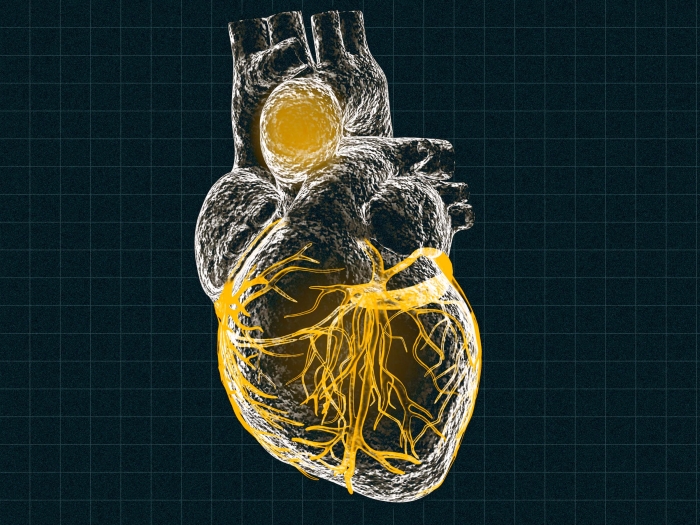
Health Lab
Using human cells in an animal body, a team of researchers has developed a functional model of thoracic aortic aneurysm, creating opportunities for more effective understanding of disease development and treatments for the potentially fatal condition.
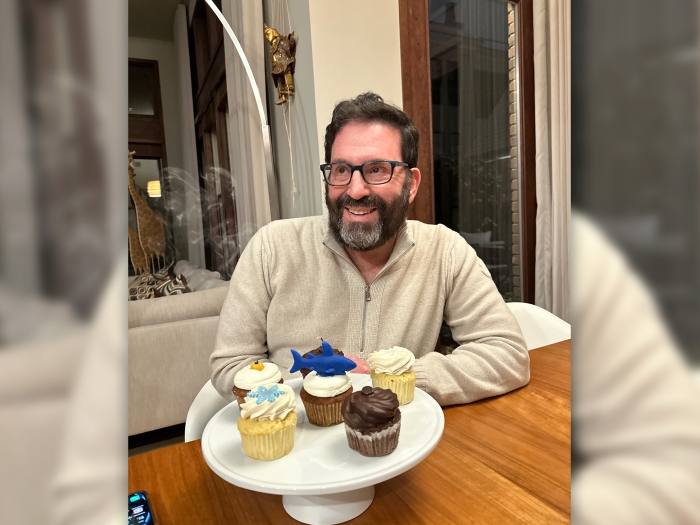
Health Lab
A patient who has received two heart transplants years apart shares his story and the importance of advocating for organ donation.
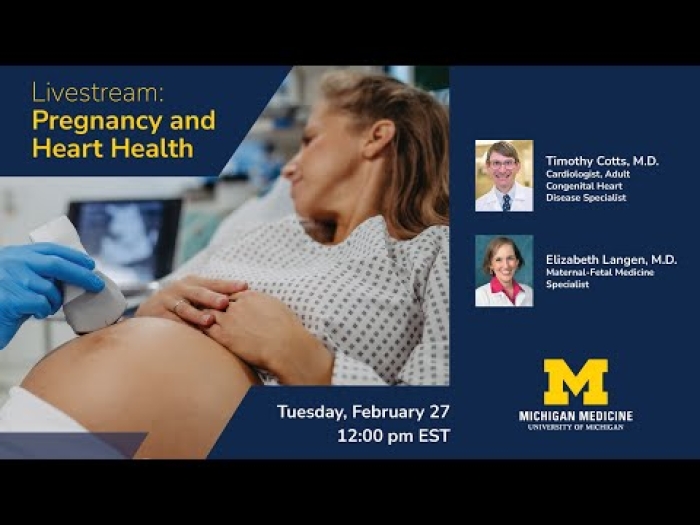
Health Lab
Experts discuss pregnancy and heart health.

Office of Research
The Clinical Trials Support Office (CTSO) is pleased to announce that Mio Nakamura, MD, MS, Clinical Assistant Professor, Dermatology, has been appointed as the new Associate Medical Director of the Michigan Clinical Trials Support Unit (M-CTSU) and Michigan Clinical Research Unit (MCRU). Dr. Nakamura’s appointment will begin July 1, 2024, and is a 2-year term.

Health Lab Podcast
Complications during procedures only contributed to death in about 20% of cases.

Health Lab
In the past two years, 60% of people age 50 to 80 have visited an urgent care clinic, or a clinic based in a retail store, workplace or vehicle, according to new findings from the University of Michigan National Poll on Healthy Aging.

Health Lab
A Michigan Medicine study finds that storing chemicals in a garage at home may associate with an increased risk of ALS.

Health Lab
Telehealth study of patient portal e-visits by Medicare participants shows few had an interaction for which their provider billed them.
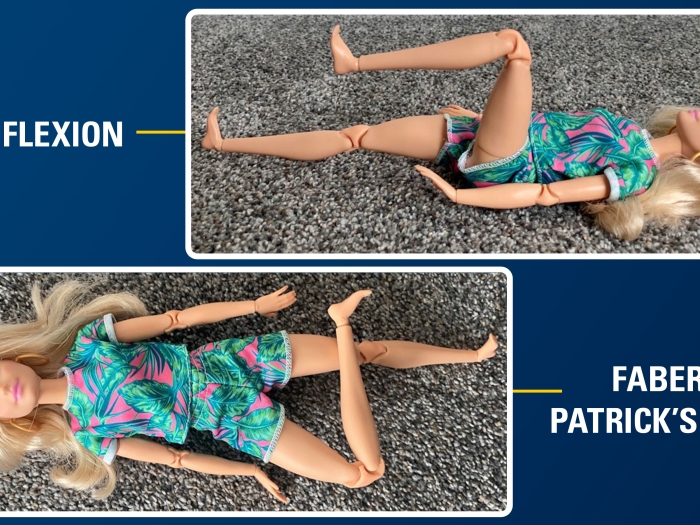
Health Lab
At the University of Michigan Health C.S. Mott Children's Hospital, one physician found a way to help pediatric patients demonstrate different joint movements using a Barbie doll.

Health Lab
Most people with risk factors for cardiovascular disease – what are sometimes called the Essential Eight – are managed by primary care clinics, or haven’t seen any provider recently

Health Lab
Around 10% of all deaths following percutaneous coronary intervention are potentially preventable, a study led by Michigan Medicine finds.

Health Lab
An updated rat reference provides more accuracy for research; could help researchers using rat models for the study of DNA, RNA, evolution, or genes linked to disease risks
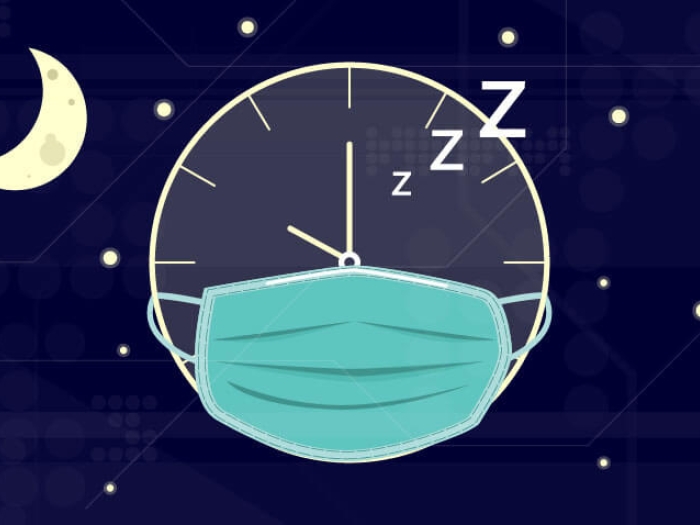
Health Lab
New study measured continuous heart rate, step count, sleep data and daily mood scores. The researchers also estimated circadian time and time awake from minute-by-minute wearable heart rate and motion measurements.